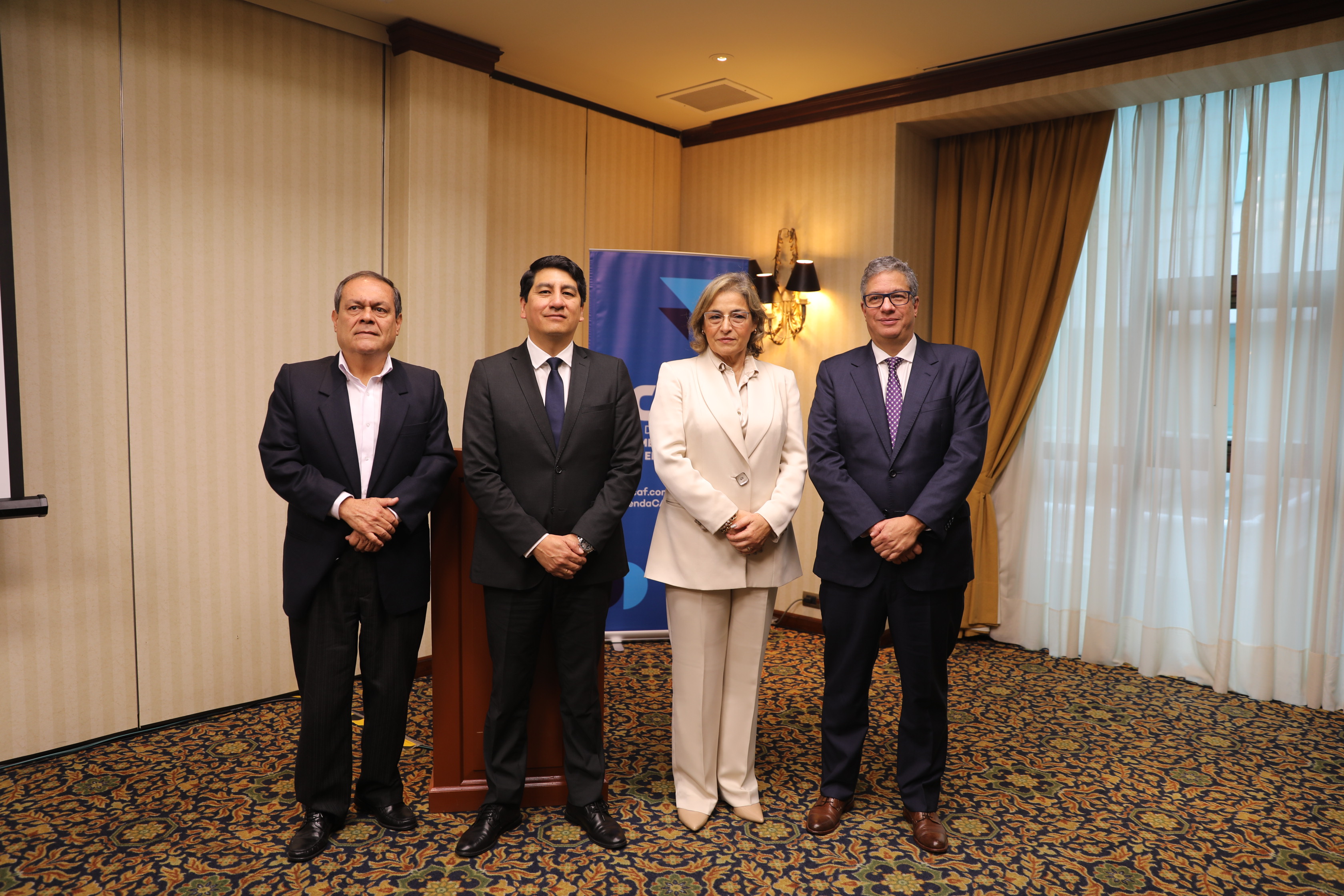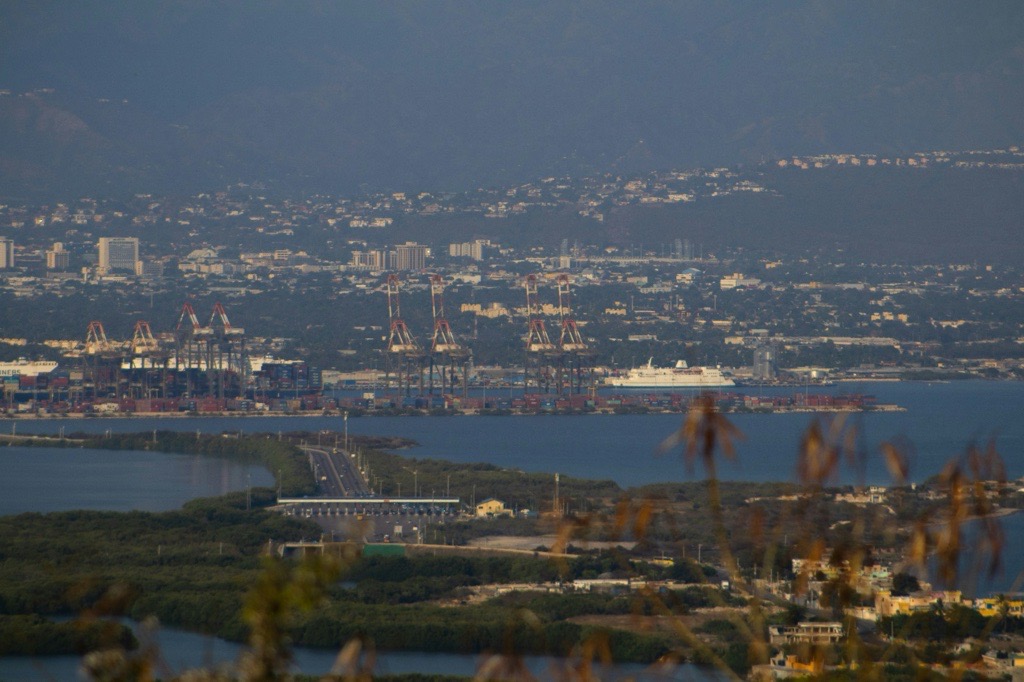An Action Plan for Road Safety is Introduced in Tarija, Bolivia
CAF, along with other partners, presented the Tarija road safety action plan, which is expected to reduce the number of injuries and fatalities due to road traffic accidents in the city.
The Plan, developed by Urbavial, is part of a technical cooperation group of studies on road safety for Bolivia financed by the GRSF (Global Road Safety Facility), managed by the World Bank, and executed by CAF-development bank of Latin America. This document is a key tool to diagnose the current situation and plan actions in the short and medium term for the effective reduction of the number of casualties and fatalities as a result of a road accident in the city.
The 8-month job included the participation of over 30 players, among public and private entity authorities, safety authorities, and civil society organizations.
The city road safety situation diagnosis was elaborated based on the information available at a national, departmental, and local level provided by the different entities. In addition, the work identified the most relevant issues in road safety, based on interviews and participatory working groups with the involved players. This phase also included validation by other players and the identification of possible solutions.
Subsequently, the plan was elaborated with the participation of all players, and the Mission, Vision, Values, and goals of the Action Plan were defined. Then the actions and measures were formulated together with the system of indicators and the monitoring and evaluation mechanisms. Each action was assigned a term, estimated cost, and potential impact on road traffic accident reduction. The plan was directly validated by the participating players to obtain a plan developed directly by the city.
This presentation initiates the next phase of the plan, which is the release, promotion, and development of short-term actions for road traffic accident reduction in the city.
During the Plan’s presentation, Mayor Rodrigo Paz stated the importance of having a road safety action plan for the city to take action to improve quality of life for its citizens, and urged other institutions involved to work on the plan’s implementation and development.
On the other hand, consultant Sofia Salek de Braun stressed the importance of preventing and avoiding deaths on roads, and James Gómez presented the work carried out in the city, as well as the next steps in the plan’s implementation by the entities. You can see the study results online on the city’s Secretary of Mobility web page.
CAF's more recent content

Paving and maintenance of rural roads to guarantee progress in Peru
CAF presented in Lima the Guide “Rural roads: A door to development and territorial connectivity”, in which it offers guidelines that help guarantee the population's equitable access to opportunities for personal and professional development.
CAF and MCDF support Jamaica’s vision for a global logistics hub
The Multilateral Cooperation Center for Development Finance (MCDF) approved total financing of USD 550,000 in support of CAF’s partnership with the Jamaica Special Economic Zone Authority (JSEZA) to implement the Jamaica Logistics Hub Initiative (LHI) and the development of the Caymanas Special Economic Zone (SEZ), which will contribute to positioning Jamaica as a global logistics hub and gateway that will interconnect the Americas to the world.